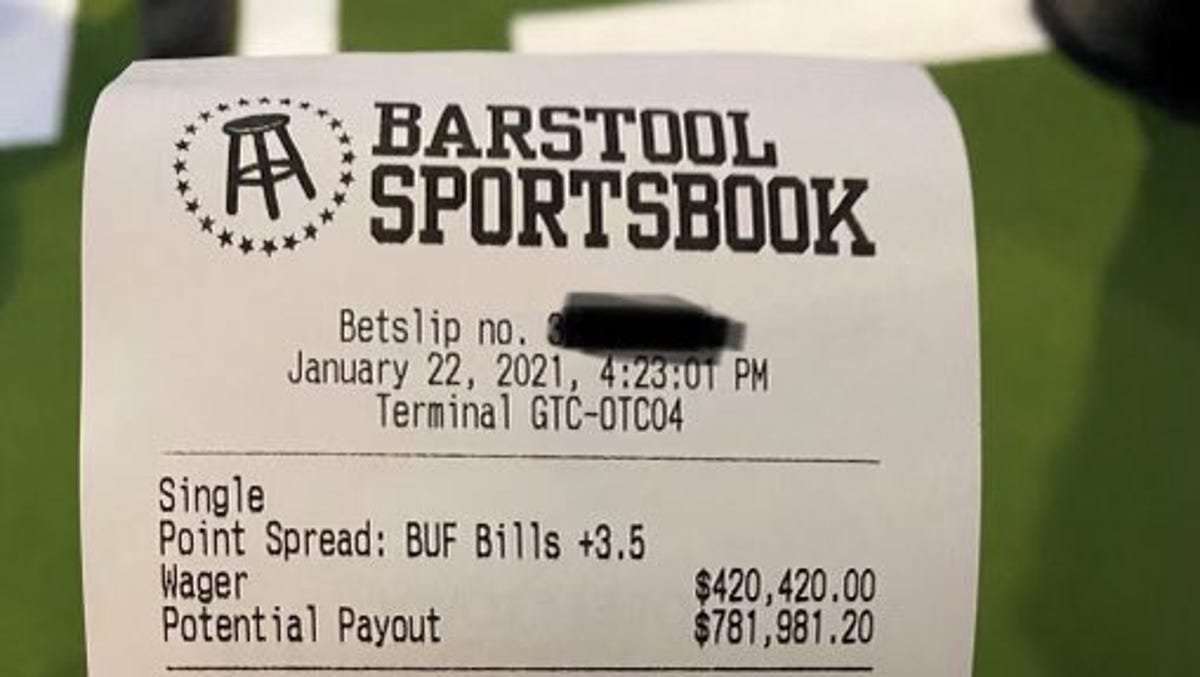The Michigan Gambling control board authorized 9 operators to allow online gambling and sports betting in the state, effectively legalizing the practice for the first time in history. The announcement comes after a decade long legalization battle that finally came to an end when Governor Gretchen Whitmer signed the bill into law in December.
The operators that have been authorized include Barstool Sportsbook, BetMGM, Draft Kings, FanDuel, Golden Nugget and William Hill. Licenses have also been extended to Gun Lake Indians, Pokagon Band of Potawatomi Indians and other tribes that might be interested in legalizing the practice.
“I think the reliability will be there across the board,” Ruddock told MLive in a phone interview. “Certain companies might have a little bit of a difference in their customer service, things like that. Other companies have a little bit of an advantage in the user experience of the mobile app. It’ll really depend on what the customer’s preferences are and what they find important.”
Sports Betting a Much Needed Revenue Source for Michigan
Not only will this allow for millions of citizens in the Great Lake state to satiate their gambling needs during a very difficult time period, the state could also collect millions in tax revenue. In fact, the sports betting rate for online betting will be 8.4% while the internet gaming rate is estimated to be between 20% -28%.
In fact, According to Playmichigan.com the handle for online sports betting in Michigan could reach upwards of $8 billion, making this a much needed relief for the struggling state.
“The Michigan Gaming Control Board and the state’s commercial and tribal casinos will begin a new era January 22 with the launch of regulated online gaming and sports betting,” said Richard S. Kalm, MGCB executive director. “Michigan residents love sports and, judging by inquiries we’ve received, eagerly anticipate using mobile devices to place bets through the commercial and tribal casinos. Online gaming and sports betting will provide the casinos with new ways to engage with customers while the state and local communities will benefit from taxes and payments on wagering revenue.”
How will Sports Betting Revenue be Allocated?
As to where the money will be going, 30% will be pocketed by the state of Detroit, 5% to the Michigan Agriculture Equine Industry development fund, and 65% goes to the state internet sports betting fund. When it comes to internet gambling though, a hold-harmless provision has been introduced in the bill to allow the state to recuperate funds if they fail to make 183 million dollar over the course of a year.
Unfortunately for gamblers living in states that border Michigan, a multi-state compact has not been reached yet, meaning they won’t be able to bet in person at a casino. That should change as time goes on, especially since it will allow the state to collect more revenue, but out of state gamblers are going to have to wait a while before placing their bets in person.
In all, Michigan joins 21 other state in legalizing some form of internet gambling, which is expected to grow to more than 30 by 2026. Of course there will be holdouts like Florida, Texas, New York and others, but a lot of legislators are coming around due to the need for revenue during the COVID-19 crisis.
The Downside of Legalization
While a lot of states might be using that as justification for letting gamblers bet from the comfort of their own home, it still raises a lot of moral and societal questions. For example, some see gambling as immoral, and want it want banned. A lot of these same people claim that gambling brings more crime to an area.
Another big problem with internet gambling is it’s limitless accessibility to a broad group of people. Now, most citizens will probably be responsible with their gambling habits, but there are always those that don’t know when to stop. Instead of trying to capitalize on such people, the state needs to look at ways to cut down on this happening.
Keep in mind that gambling has essentially gone from the casino, to the internet, to simply an app on your phone. This is going to create a lot of interest in gambling for sports fans in the state, who might want to take their shot at cashing in on their sports knowledge. Hopefully they will be responsible at some level though.
In the end, Michigan legalizing online gambling is a step in the right direction and will hopefully result in a steady stream of revenue. Furthermore, with so much interest with gambling as a whole right now, the state has a big chance to capitalize on the market and maybe even become a hub of sorts in the north.




